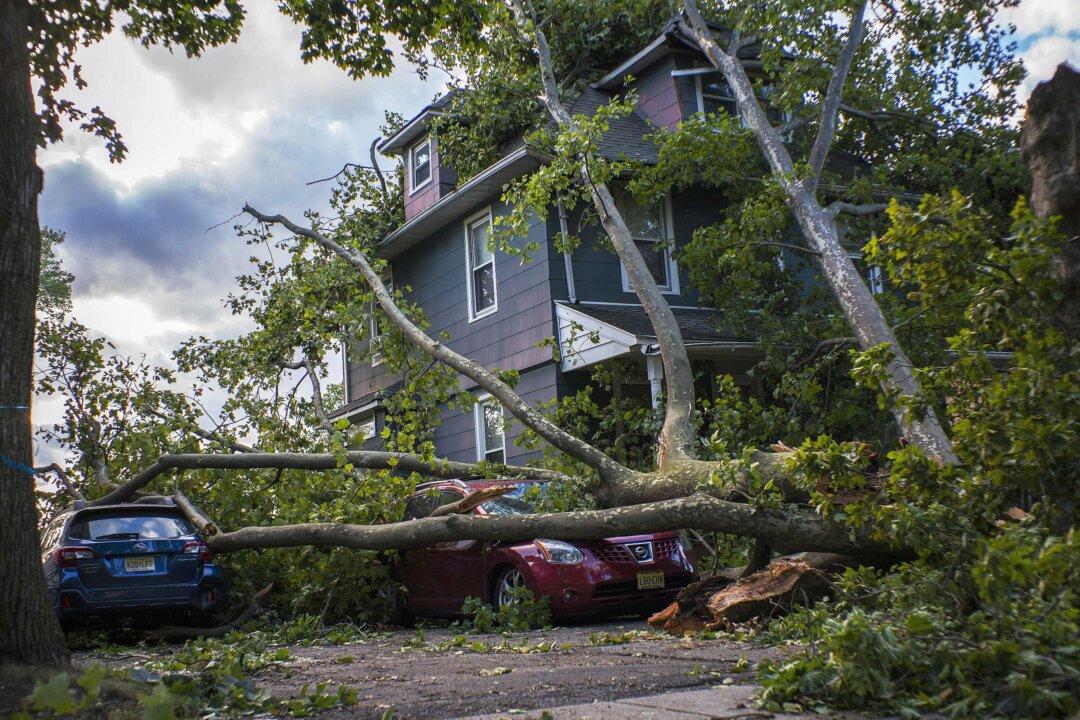Dear Readers: The question posed in the headline is a great one because insurance can be one of the most confusing areas of finance. Now is a very good time to be asking this question, given the extreme challenges we faced in 2020—from the pandemic to hurricanes to wildfires.
To me, the lesson from these horrific events is that we always need to be prepared, not just for what we might be able to predict but for the unexpected as well. That’s where insurance comes in—as a protection for when life deals us a blow.





